 This system of imagery is woven with religious associations of annunciation or resurrection, but with an innocent freshness that removes too much knowingness or didactic artifice. The quote on the back cover is Proust’s observation that the real voyage of discovery is not travelling but seeing newly. One should observe at this point that to see something as if for the first time is not the same as seeing it once again differently, and that these two things have a separate poetic function.
This system of imagery is woven with religious associations of annunciation or resurrection, but with an innocent freshness that removes too much knowingness or didactic artifice. The quote on the back cover is Proust’s observation that the real voyage of discovery is not travelling but seeing newly. One should observe at this point that to see something as if for the first time is not the same as seeing it once again differently, and that these two things have a separate poetic function.
A review of One River by Steve Armstrong
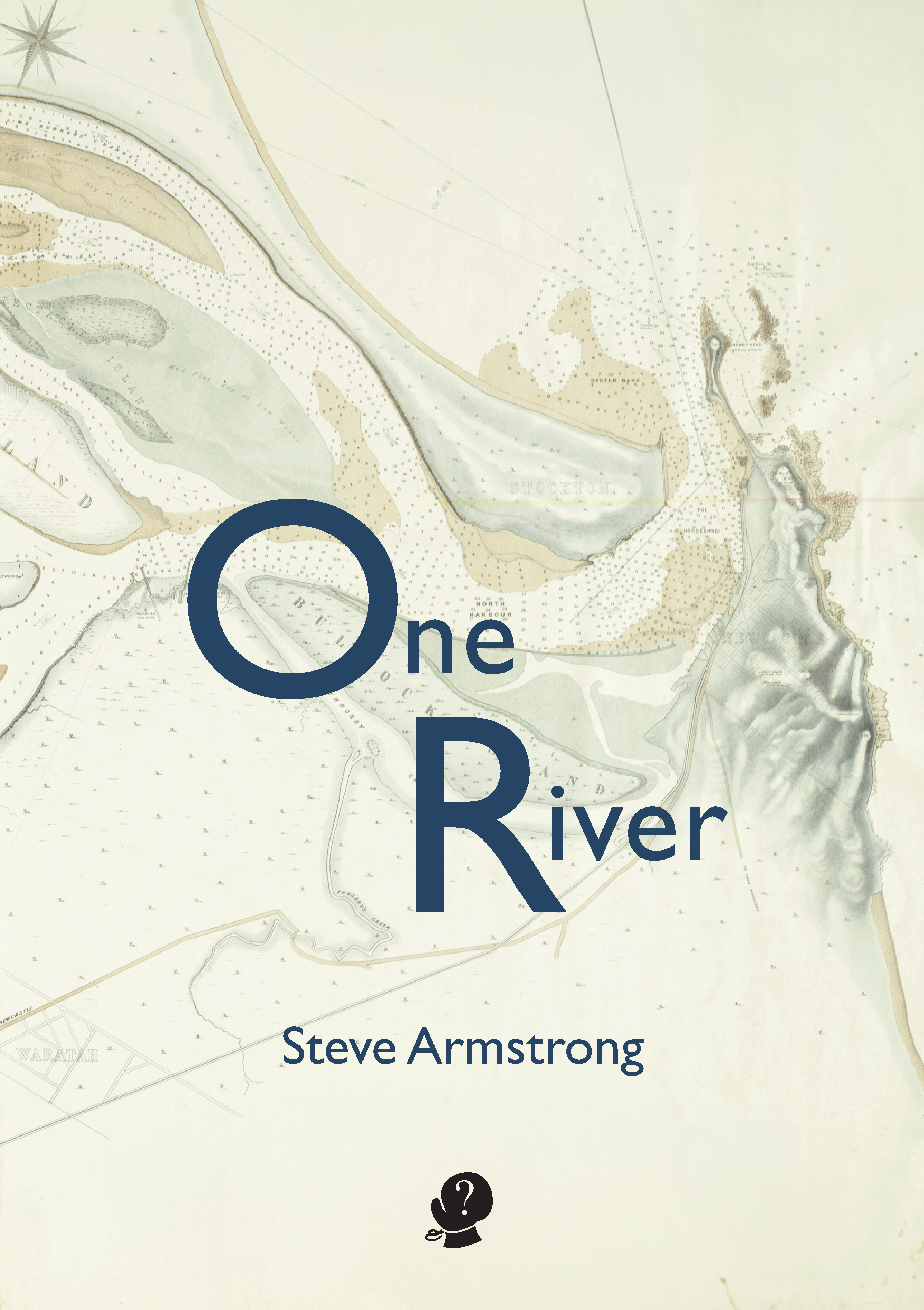 Haibun is the perfect form for these reflections, combining prose and poetry to create a work that is both descriptive/educational and deeply intimate. Armstrong has replaced the traditional Haiku of Haibun with the Korean Sijo which allows for double the line length and extra syllables, with a focus on the rich nature of the spaces he’s inhabiting. The result is quite beautiful, inviting the reader to join in both the descriptive amble and the poetic pauses of the Sijo creating a space for connection.
Haibun is the perfect form for these reflections, combining prose and poetry to create a work that is both descriptive/educational and deeply intimate. Armstrong has replaced the traditional Haiku of Haibun with the Korean Sijo which allows for double the line length and extra syllables, with a focus on the rich nature of the spaces he’s inhabiting. The result is quite beautiful, inviting the reader to join in both the descriptive amble and the poetic pauses of the Sijo creating a space for connection.
A review of The Iliad translated by Emily Wilson
 In summary, Emily Wilson’s translation of The Iliad is a tour de force that navigates the fine line between faithfulness to the original and contemporary relevance. While some critics accuse her of excessive modernization, these criticisms often overlook her intent: to make this epic tale accessible to a broader audience without sacrificing its original integrity.
In summary, Emily Wilson’s translation of The Iliad is a tour de force that navigates the fine line between faithfulness to the original and contemporary relevance. While some critics accuse her of excessive modernization, these criticisms often overlook her intent: to make this epic tale accessible to a broader audience without sacrificing its original integrity.
A review of Thieves by Valerie Werder
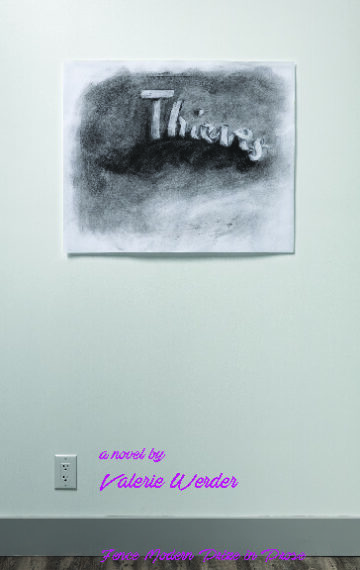 Ostensibly Thieves is Valerie’s coming-of-age as she works through and try to escape the constraints of her upbringing and the world in which she lives. The story appears progress in more or less linear ways, however, there is a recursiveness that functions almost as a Möbius strip where time loops around itself and the endpoint of the work is not so much Valerie’s transition as the work itself.
Ostensibly Thieves is Valerie’s coming-of-age as she works through and try to escape the constraints of her upbringing and the world in which she lives. The story appears progress in more or less linear ways, however, there is a recursiveness that functions almost as a Möbius strip where time loops around itself and the endpoint of the work is not so much Valerie’s transition as the work itself.
A review of The Girl Who Cried Diamonds & Other Stories by Rebecca Hirsch Garcia
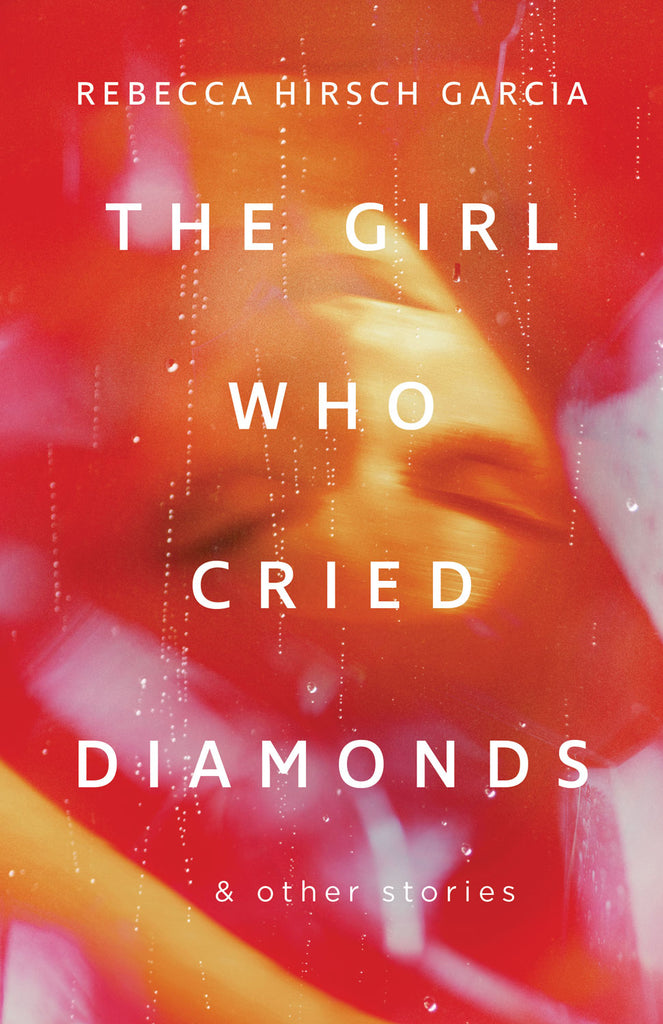 But regardless of genre, these character-driven pieces explore uncomfortable truths and show how patriarchal power structures encourage violence against women, physical and psychological. Each story has new characters confronting different forms of abuse and betrayal. Two high schoolers dealing with body issues bully each other with a mix of fascination and revulsion.
But regardless of genre, these character-driven pieces explore uncomfortable truths and show how patriarchal power structures encourage violence against women, physical and psychological. Each story has new characters confronting different forms of abuse and betrayal. Two high schoolers dealing with body issues bully each other with a mix of fascination and revulsion.
An interview with Andy Mozina
 Andy Mozina’s latest novel Tandem is a wild ride that explores the psyche of victim and perpetrator as well as the weirdness and malleability of love. It’s at the same time hilarious and morally jarring. In this warm and engaging interview, he speaks with Steve Hughes, writer and publisher of Detroit’s longest-running zine Stupor about his book, and lots more.
Andy Mozina’s latest novel Tandem is a wild ride that explores the psyche of victim and perpetrator as well as the weirdness and malleability of love. It’s at the same time hilarious and morally jarring. In this warm and engaging interview, he speaks with Steve Hughes, writer and publisher of Detroit’s longest-running zine Stupor about his book, and lots more.
A review of Distance by Simeon Kronenberg
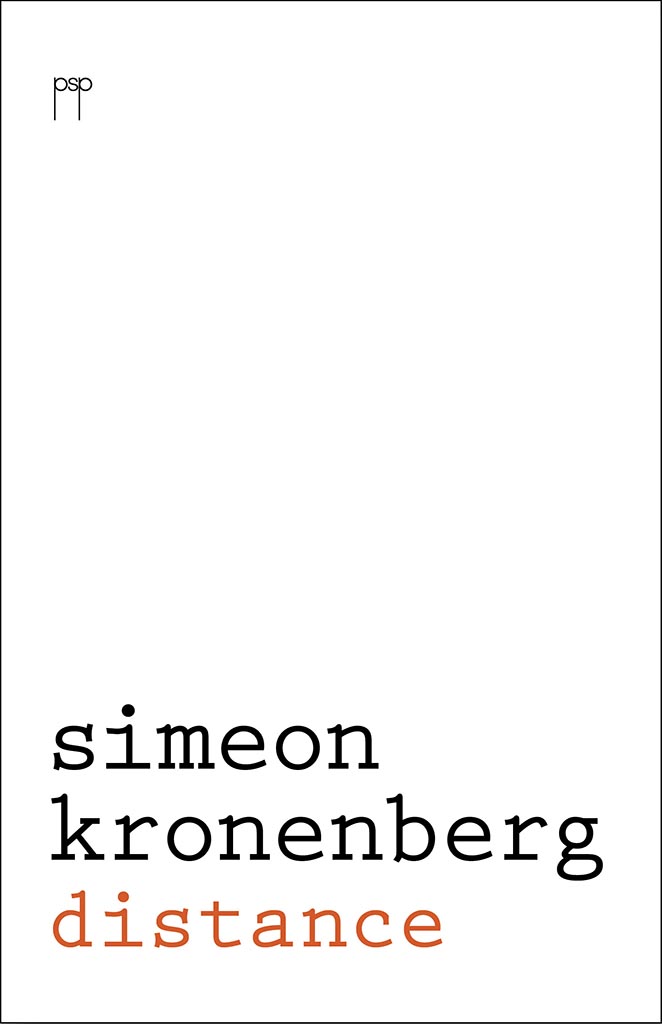 It is interesting to note the variety of styles that the poet utilises in this collection. Some of the poems are “persona” poems like one titled “Akhenaten to Smenkhkare” in which the speaker takes the identity of the Pharoah, some are descriptive, and others in narrative mode, always utilising a good range of literary techniques and poetic devices. Some of the poems are made of simple lines but loaded with meaning.
It is interesting to note the variety of styles that the poet utilises in this collection. Some of the poems are “persona” poems like one titled “Akhenaten to Smenkhkare” in which the speaker takes the identity of the Pharoah, some are descriptive, and others in narrative mode, always utilising a good range of literary techniques and poetic devices. Some of the poems are made of simple lines but loaded with meaning.
A review of Well Dressed Lies by Carrie Hayes
 The writing in Well Dressed Lies is wonderfully well done at an intelligent level and with a formal tone that fits the time, place, and circumstances of the story. The language is rich, pleasing, and in places, appropriately lyrical. World-building is superb—with the English weather, streets, countryside, and architect so well drawn as to make readers feel like they are there. Seemingly small details add realism and appeal to the novel.
The writing in Well Dressed Lies is wonderfully well done at an intelligent level and with a formal tone that fits the time, place, and circumstances of the story. The language is rich, pleasing, and in places, appropriately lyrical. World-building is superb—with the English weather, streets, countryside, and architect so well drawn as to make readers feel like they are there. Seemingly small details add realism and appeal to the novel.
A review of Just Dope by Allison Margolin
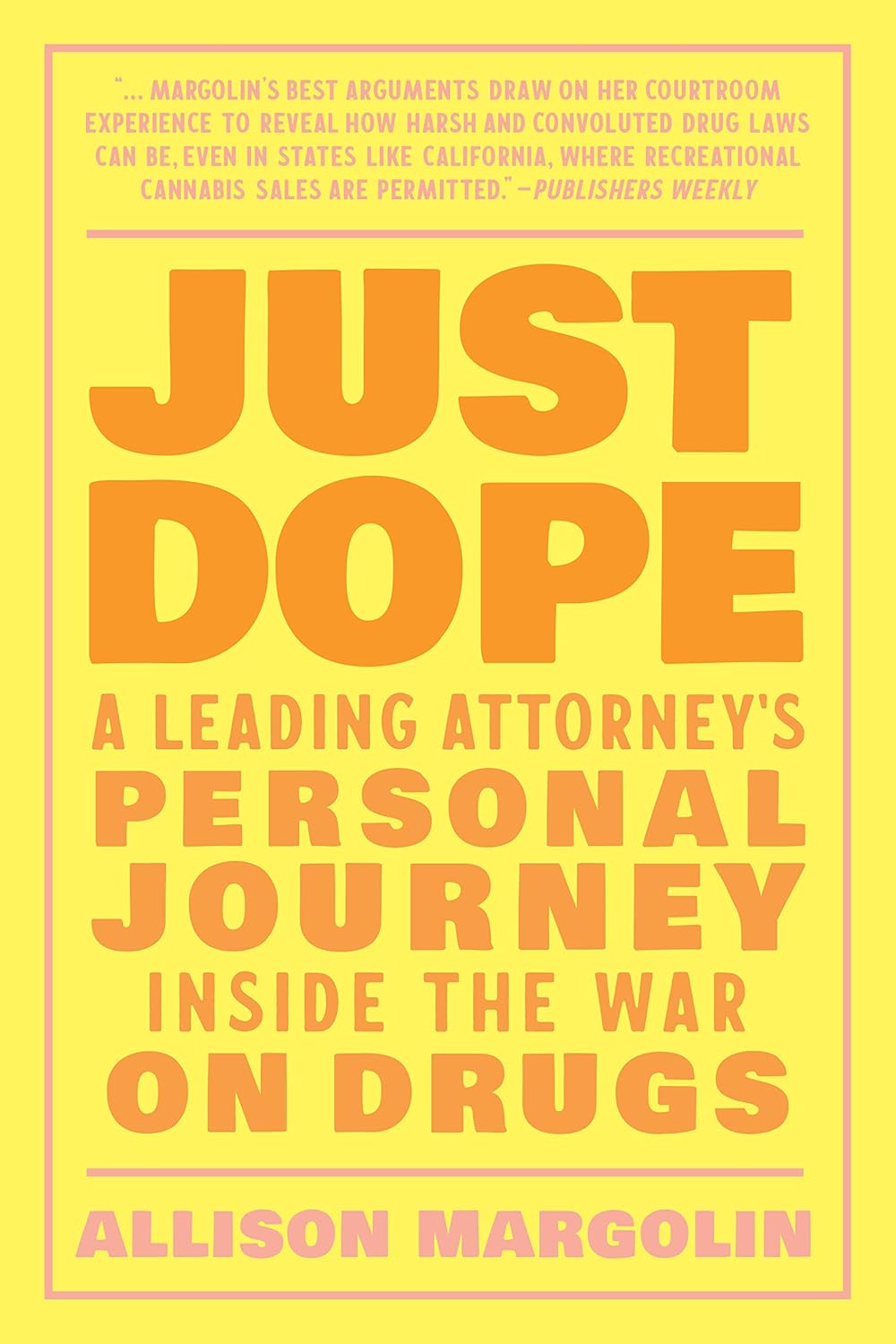 It would be easy to call her a chip off the old block, but it would also be wrong. Margolin makes it crystal clear that she hasn’t rode in on anyone’s coattails in becoming herself a well-known marijuana defense attorney that has witnessed firsthand the hypocrisy of America’s War on Drugs, which has always been primarily a war on marijuana, for the bulk of her entire life.
It would be easy to call her a chip off the old block, but it would also be wrong. Margolin makes it crystal clear that she hasn’t rode in on anyone’s coattails in becoming herself a well-known marijuana defense attorney that has witnessed firsthand the hypocrisy of America’s War on Drugs, which has always been primarily a war on marijuana, for the bulk of her entire life.
A review of The Future Will Call You Something Else by Natasha Sajé
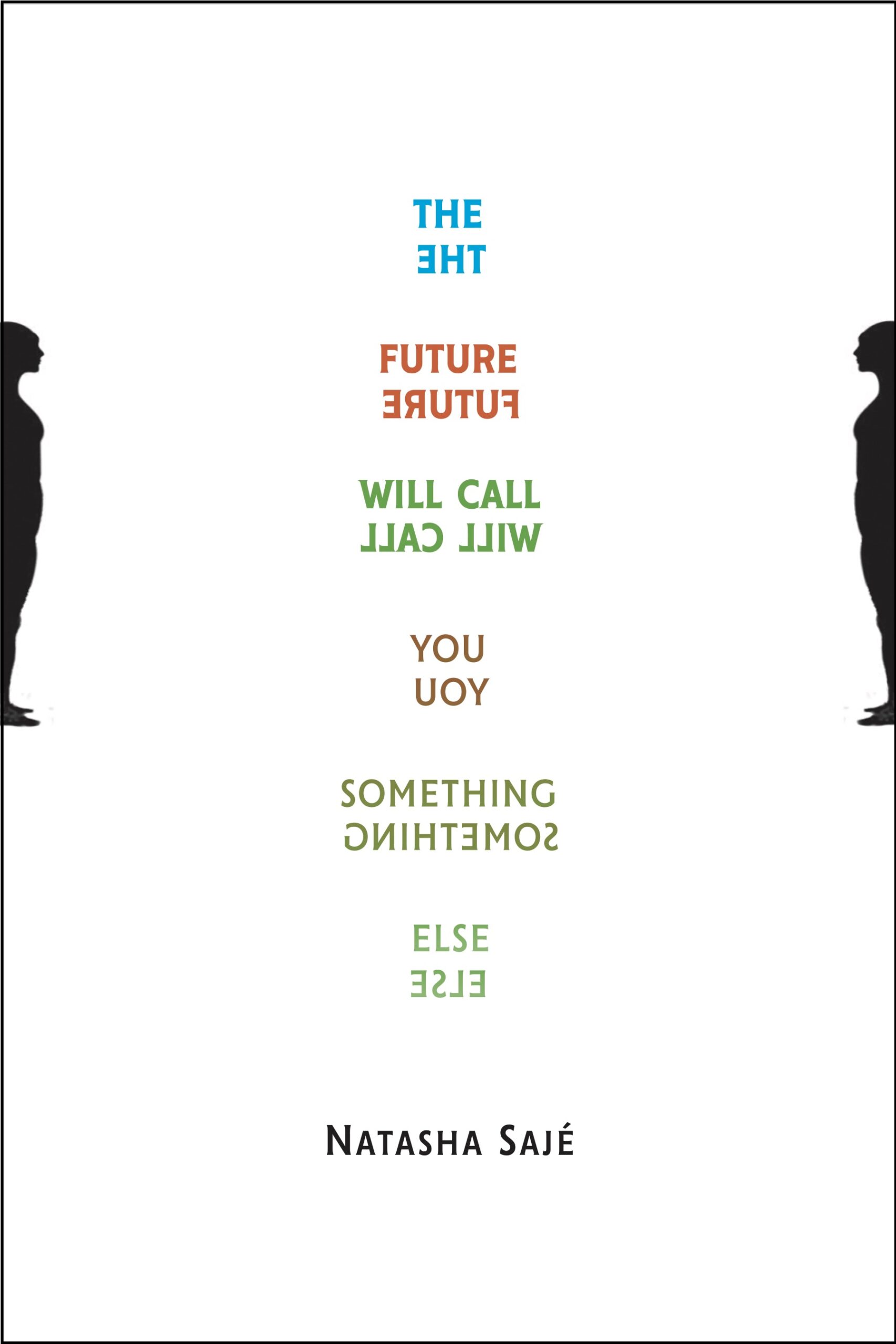 In each of the five sections of the collection, she points to the limits of our control—as the title suggests, whoever we think we are, the future will see us differently. Yet, Sajé encourages these difficult conversations because through language we have the chance of being heard, and for better or worse, the reassurance that we belong to the world.
In each of the five sections of the collection, she points to the limits of our control—as the title suggests, whoever we think we are, the future will see us differently. Yet, Sajé encourages these difficult conversations because through language we have the chance of being heard, and for better or worse, the reassurance that we belong to the world.